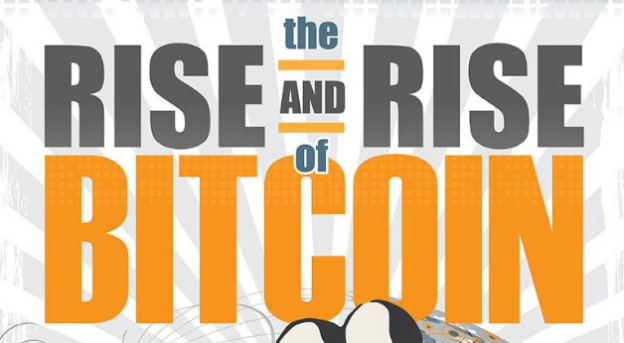 The question of whether it’s real money or not is fading into irrelevance since Bitcoin has introduced a lot of people to the idea of computerized money. It first gained major public notice in 2013 when it set off a minor frenzy due to its at that time increasing value and later due some storage sites getting hacked and having bitcoins worth millions stolen. Bitcoin has led to creation of new companies like brokerages and storage sites but the general public still remain unconvinced and would rather hold their current currencies than swap for bitcoins.
The question of whether it’s real money or not is fading into irrelevance since Bitcoin has introduced a lot of people to the idea of computerized money. It first gained major public notice in 2013 when it set off a minor frenzy due to its at that time increasing value and later due some storage sites getting hacked and having bitcoins worth millions stolen. Bitcoin has led to creation of new companies like brokerages and storage sites but the general public still remain unconvinced and would rather hold their current currencies than swap for bitcoins.
What is Bitcoin?
Bitcoin is a decentralized digital currency that enables instant payments to anyone, anywhere in the world. Bitcoin uses peer-to-peer technology to operate with no central authority: therefore transaction management and money issuance are carried out collectively by the network.
Satoshi Nakamoto is hailed as the creator of the original Bitcoin software and was released under the MIT license. There are many open source implementations of client software for Bitcoin and can be obtained from the main website (www.bitcoin.org)
The main advantage or difference between using bitcoin and using regular money online is that bitcoin and be used without linked to any actual identity hence maintaining anonymity while carrying out transactions.
Adoption
Adoption and use of bitcoin is continuing to grow every year since it has gained mainstream attention both positively and negative. Growth can be seen by not only consumers but also companies who provide options to make payments using bitcoin. Due to the anonymous nature of bitcoin, it has gained wide spread usage in the dark web to acquire illegal services and products but also to carry out legitimate transactions.
How is Bitcoin generated?
Unlike regular currency which created by some sort of central bank, to generate a bitcoins computers that run specialized software are required because of the complicated math needed to generate a bitcoin. This process is known as mining and requires very powerful processors which can be found in CPUs, graphics cards and others. The people who use their computers to mine bitcoin are paid a small percentage of the coins they generate.
The supply of bitcoins is regulated by software and the users of the system and cannot be manipulated by any government, banking institution or individual. The limited inflation of the bitcoin money supply is distributed evenly to miners preventing some of flaws of the current monetary system.

